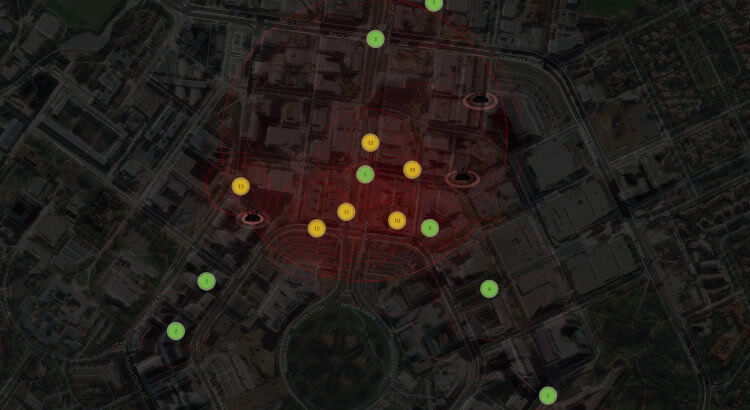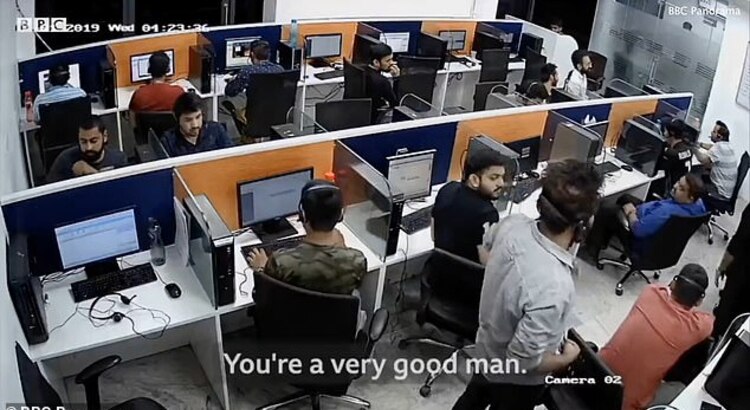Technical support scams (TSS) are responsible for a growing amount of financial losses year after year. Nevertheless, while the victims are losing more money than ever, the number of interactions between criminals and victims is decreasing. Why? Because the scammers are getting better at what they do. In this paper, I demonstrate through examples how the TSS practices have become more advanced recently.
Tag: cybersecurity

Five Eyes Cyber Security Predictions
What cyber threats the future brings to us? An analysis of the cybersecurity strategies of Canada, New Zealand, the UK, the US, and Australia.

Removing Secrets From Your Source Code
This article explains how to keep your software repositories free of passwords, tokens, and private keys.

Ukraine Power Grid Cyberattacks
How the Sandworm hacking team tried to disrupt power supply in Ukraine. An analysis of the three attacks in cyberspace.

Dark Web Marketplace Vendor Forensics
Researchers claim that the majority of the dark web exist to facilitate criminal activities, including drug trade, financial fraud, and illegal pornography. This article explores the different methods researchers have experimented with to help the identification and deanonimisation of the marketplace vendors of the dark web.

Wireless (in)security in Canberra CBD
Due to the strict COVID-19 policies in Australia, the BSides Canberra hacker conference was back in mid-April 2021. My visit was a good excuse to take my pwnagotchi for a walk in Canberra, and draw some conclusions of the Wi-Fi security practices of the Australian capital city.
For those not familiar with the pwnagotchi project, it makes Wi-Fi password auditing fun again. A pwnagotchi device is essentially bettercap installed on a Pi Zero, allowing to capture Wi-Fi packets on the go. The captured Wi-Fi packets are automatically uploaded to third-party services, and then analysed to reveal weak wireless passwords (PSKs) of the nearby wireless access points.
